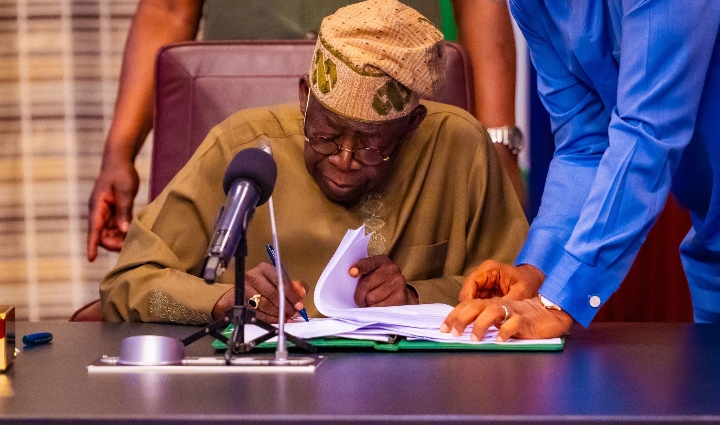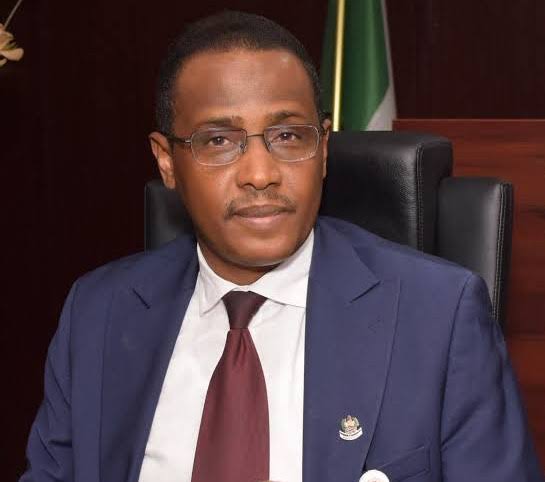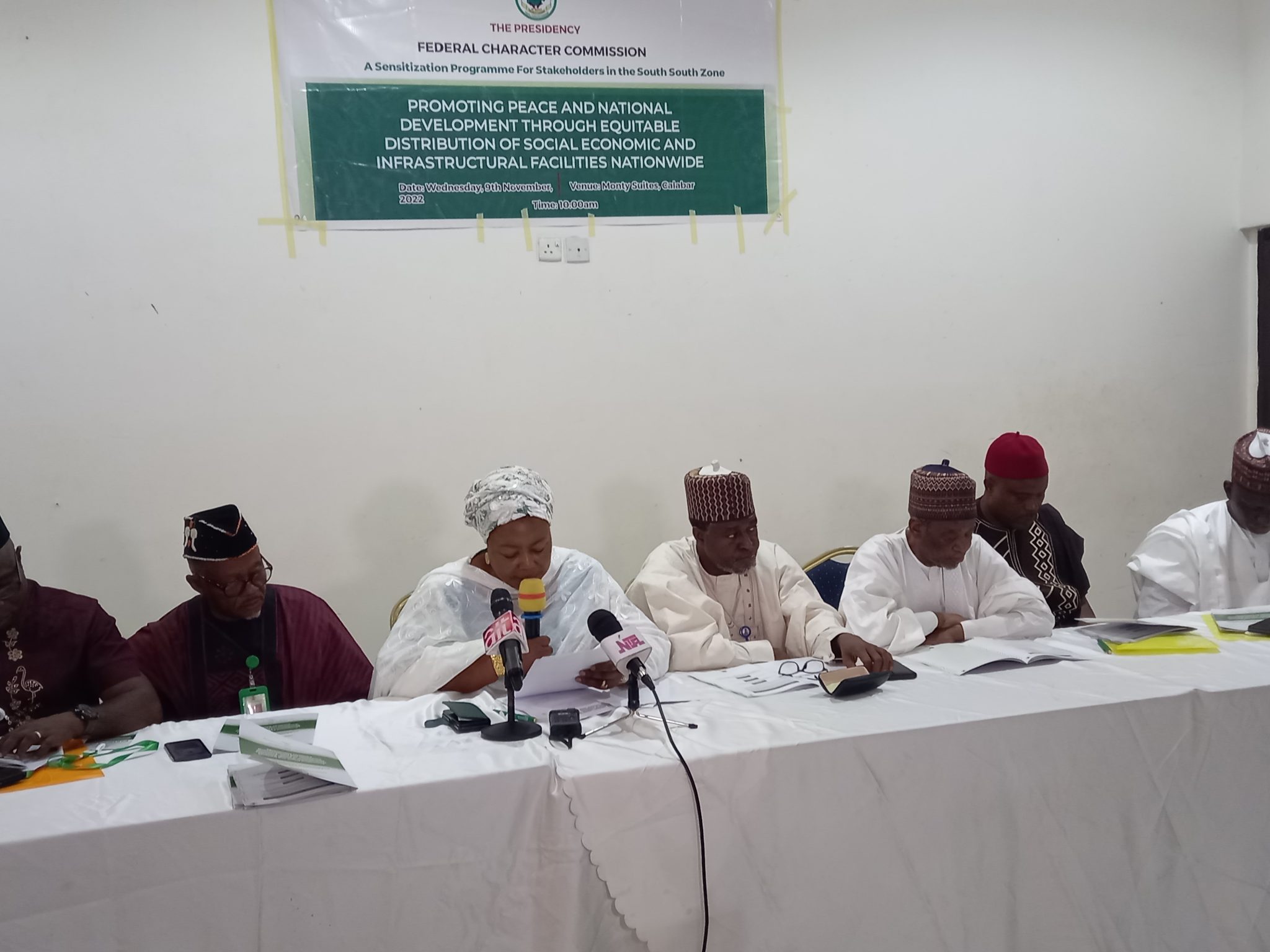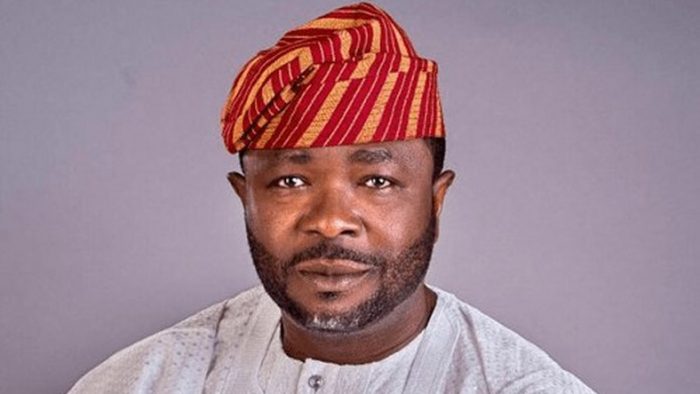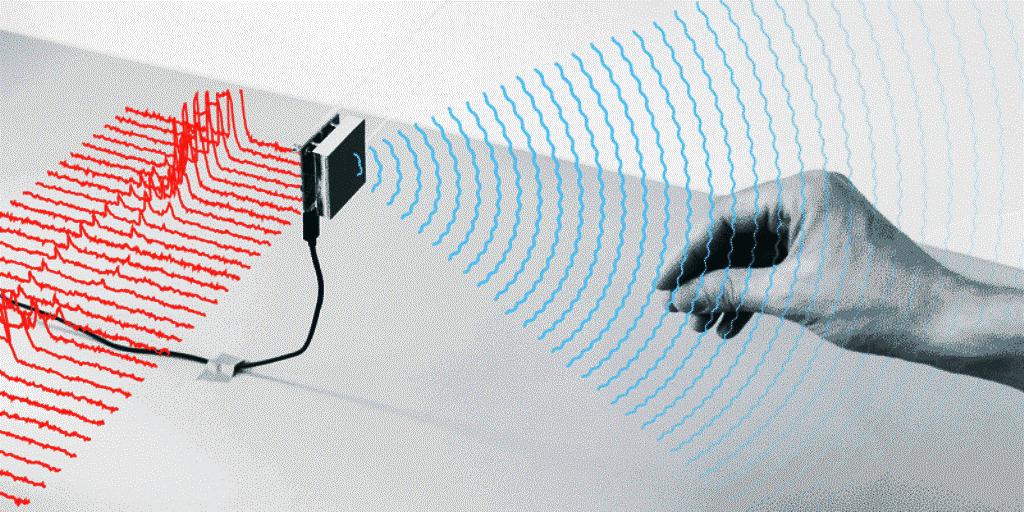The Federal Communications Commission (FCC) has given Google approval to deploy a new sensing technology known as the Project Soli.
TheNewsGuru (TNG) reports Soli is a radar-based hand motion sensing technology that uses miniature radar to detect touchless gesture interactions.
It is a purpose-built interaction sensor that uses radar for motion tracking of the human hand.
The sensor tracks sub-millimeter motion at high speeds with great accuracy. It will allow people to control devices with a simple, universal set of gestures.
The FCC said the decision to give Google approval for the project “will serve the public interest by providing for innovative device control features using touchless hand gesture technology.”
The FCC said the sensors can be operated aboard aircraft but must still comply with Federal Aviation Administration rules governing portable electronic devices.
The Soli chip incorporates the entire sensor and antenna array into an ultra-compact 8mm x 10mm package.
The concept of virtual tools is key to Soli interactions: virtual tools are gestures that mimic familiar interactions with physical tools.
Imagine an invisible button between your thumb and index fingers – you can press it by tapping your fingers together or a virtual dial that you turn by rubbing thumb against index finger, or imagine grabbing and pulling a virtual slider in thin air.
These are the kinds of interactions Google is developing and imagining with Project Soli.
“Even though these controls are virtual, the interactions feel physical and responsive.
“Feedback is generated by the haptic sensation of fingers touching each other.
“Without the constraints of physical controls, these virtual tools can take on the fluidity and precision of our natural human hand motion,” Google said of Soli.
Soli sensor technology works by emitting electromagnetic waves in a broad beam.
Objects within the beam scatter this energy, reflecting some portion back towards the radar antenna.
Properties of the reflected signal, such as energy, time delay, and frequency shift capture rich information about the object’s characteristics and dynamics, including size, shape, orientation, material, distance, and velocity.
Soli tracks and recognizes dynamic gestures expressed by fine motions of the fingers and hand.
In order to accomplish this with a single chip sensor, Google developed a novel radar sensing paradigm with tailored hardware, software, and algorithms.
Unlike traditional radar sensors, Soli does not require large bandwidth and high spatial resolution; in fact, Soli’s spatial resolution is coarser than the scale of most fine finger gestures.
Instead, the fundamental sensing principles rely on motion resolution by extracting subtle changes in the received signal over time.
By processing these temporal signal variations, Soli can distinguish complex finger movements and deforming hand shapes within its field.
The Soli software architecture consists of a generalized gesture recognition pipeline which is hardware agnostic and can work with different types of radar.
The pipeline implements several stages of signal abstraction: from the raw radar data to signal transformations, core and abstract machine learning features, detection and tracking, gesture probabilities, and finally UI tools to interpret gesture controls.
The Soli SDK enables developers to easily access and build upon the gesture recognition pipeline. The Soli libraries extract real-time signals from radar hardware, outputting signal transformations, high precision position and motion data, and gesture labels and parameters at frame rates from 100 to 10,000 frames per second.
The Soli sensor is a fully integrated, low-power radar operating in the 60-GHz ISM band.
“In our journey toward this form factor, we rapidly iterated through several hardware prototypes, beginning with a large bench-top unit built from off-the-shelf components — including multiple cooling fans.
“Over the course of 10 months, we redesigned and rebuilt the entire radar system into a single solid-state component that can be easily integrated into small, mobile consumer devices and produced at scale.
“The custom-built Soli chip greatly reduces radar system design complexity and power consumption compared to our initial prototypes.
“We developed two modulation architectures: a Frequency Modulated Continuous Wave (FMCW) radar and a Direct-Sequence Spread Spectrum (DSSS) radar.
“Both chips integrate the entire radar system into the package, including multiple beamforming antennas that enable 3D tracking and imaging with no moving parts,” Google stated.
The Soli chip can be embedded in wearables, phones, computers, cars and IoT devices.
Soli has no moving parts, it fits onto a chip and consumes little energy. It is not affected by light conditions and it works through most materials.
